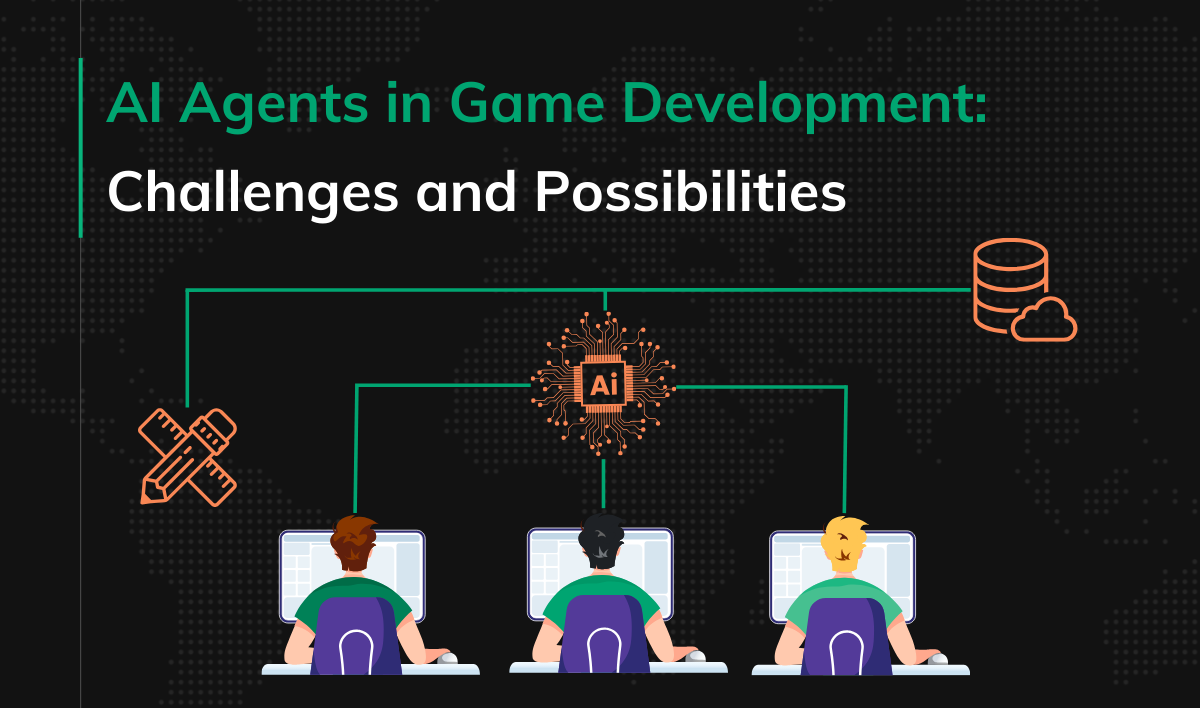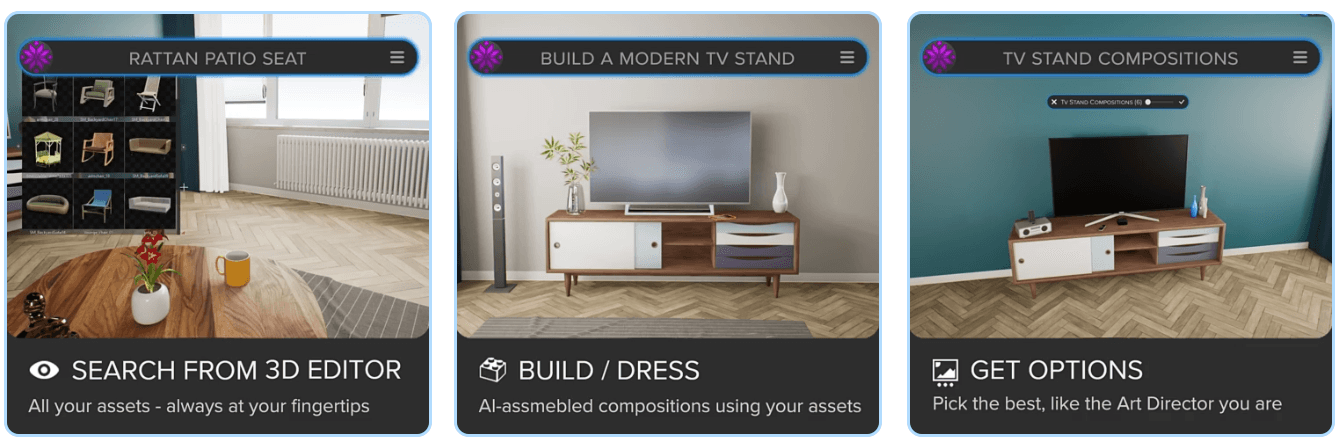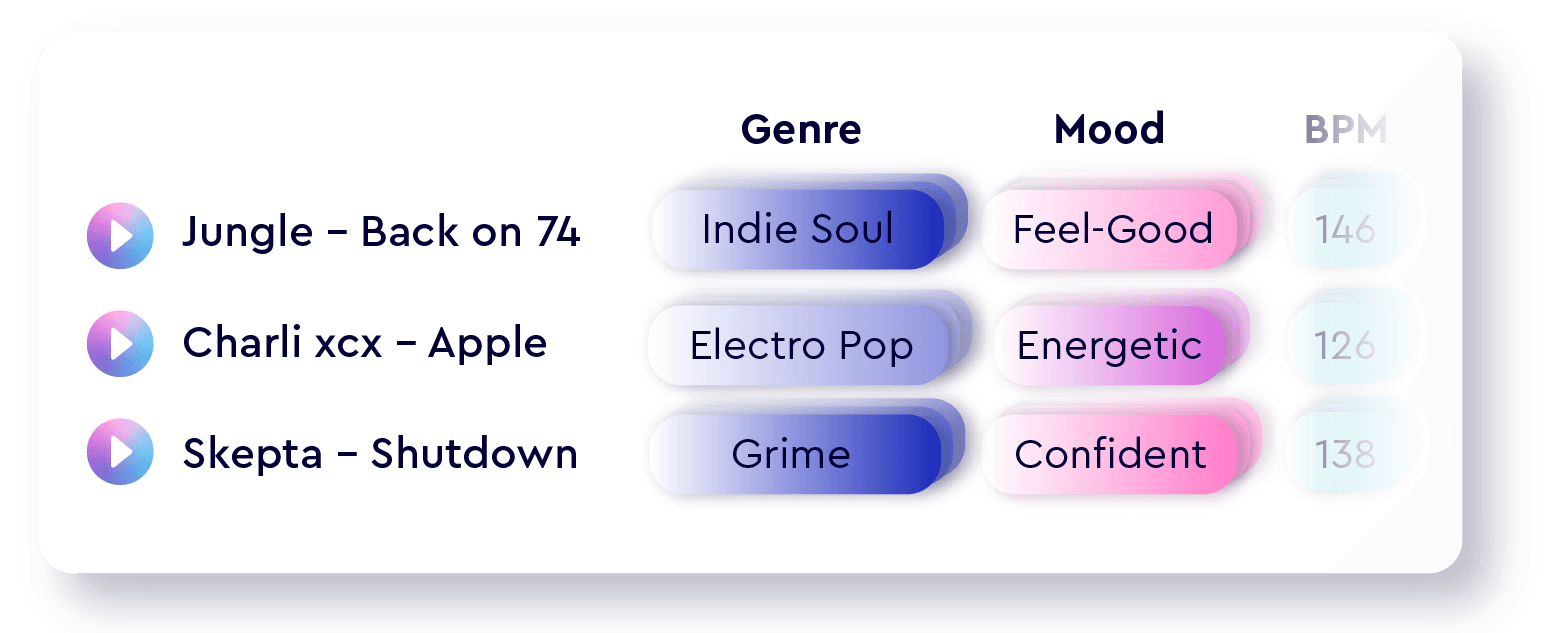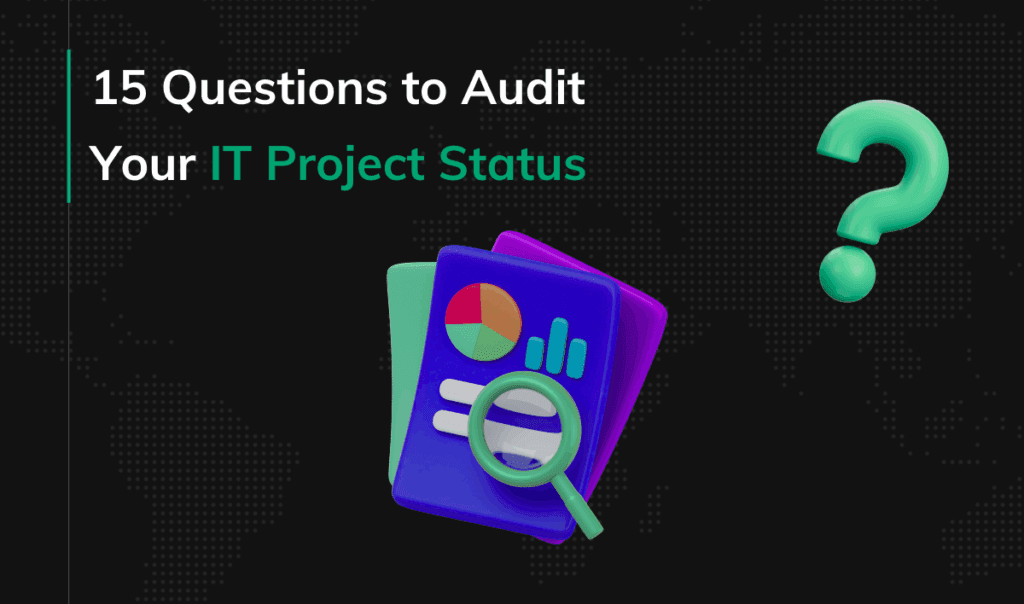AI Agents in Game Development: Challenges and Possibilities

AI tools already speed up game creation. They spark fresh ideas and handle repetitive tasks. In contrast, advanced AI agents remain on the horizon. They hold promise for tackling large-scale asset management and integrated testing. This article explores today’s AI tools and the promising potential of future AI agents. We discuss the challenges and trends that may shape tomorrow’s studios.
Today, many AI-driven solutions excel at narrow tasks. For example, some tools create concept art from text prompts or generate quick story outlines. These tools save time and boost creativity. However, the more comprehensive AI agents—designed to integrate deeply into game production—are still notoriously difficult to implement.
In the near future, AI agents could work across multiple systems, coordinating tasks like asset management, code merging, and even on-chain interactions. They might link up with version control systems, documentation, and live data feeds. While these ideas are exciting, significant challenges remain before such agents become reliable at scale.
This article lays out the current state of AI in game development and looks ahead to the innovations on the horizon.
Key Points
|
Distinguishing AI Agents from AI Tools
Most “AI tools” in game development focus on one well-defined problem. They might turn text prompts into concept art or automate part of a level’s design. AI agents, though, aim for a broader role. They can move across different environments, make decisions in steps, and update their knowledge as they go. While these agents still rely on large language models (LLMs) for reading and writing text, they also tap into external data, specialized APIs, or other agents when a task goes beyond their skill set.
This makes AI agents more general-purpose than standard AI models. Imagine an AI agent designing a complex quest line. If it needs lore details, it might consult a special “lore database” or ask another agent with that knowledge. It gathers facts in real time, refines its plan, and then shows a coherent storyline to the design team. Each time it learns something new or finds a gap, it can spin off subtasks—like pulling data from a repository or requesting 3D assets from a modeling agent. Through these iterations, AI agents don’t just generate content. They adjust to evolving project needs, coordinate with different tools, and refine outputs in ways single-purpose AI tools cannot.
Current AI Use Cases and Their Benefits in Game Development
Game development is already seeing big gains from AI. Some uses are simple tools for specific tasks. Others hint at agent-like behavior by linking multiple data sources. These examples show what AI can do now and highlight the real, practical benefits available to studios.
1. Asset Generation
Developers can fill huge worlds using AI-driven asset generation. These tools generate high-quality, style-consistent assets that match a game’s artistic vision—platforms like Scenario even offer advanced features for precise control. This approach cuts manual design hours, allows for endless asset variations, and reduces repetitive work, ultimately boosting replayability and visual diversity.

AI can streamline the creation of all kinds of assets (Source: Scenario)
2. Character and Dialogue Creation
Immersive gameplay demands believable characters with rich backstories and engaging dialogue. Tools like InWorld AI and Charisma AI enable developers to build distinct AI characters. InWorld AI uses modern language models to generate dynamic, context-aware dialogue. Charisma AI, on the other hand, crafts interactive narratives that let characters respond naturally. This lets designers create detailed profiles without tedious scripting. It frees teams to focus on refining personalities and deepening the story.
AI-powered interactive NPC experience (Source: CharismaAI)
3. AI-Driven Game Design Assistants
Many studios rely on AI-driven game design assistants to streamline creative workflows. For example, Promethean AI is a dedicated tool that generates environment layouts and initial drafts for level design. It helps developers quickly iterate on ideas by providing a starting point that can be refined through feedback. This lets teams focus on the bigger picture and invest more energy in innovation, ultimately speeding up production and improving quality.

AI-powered environmental design (Source: Promethean)
4. AI-Enhanced Audio Systems
Sound design shapes a player’s emotions, and AI is increasingly used to streamline common audio workflows. Current tools, like CyaniteAI, can automatically tag and classify sound files, speeding up pairing audio with the gameplay conditions. Other AI-based audio tools can help mix audio levels, ensuring consistent quality. By handling these routine tasks—such as identifying and classifying sound effects or balancing multiple layers—AI frees audio teams to devote more time to creative decisions in sound design and music composition.

Cyanite’s auto-tagging feature (Source: CyaniteAI)
5. AI in Game Monetization
AI can analyze player behavior to suggest personalized microtransactions or dynamic pricing. For example, Leanplum is an AI-driven platform used by many game studios to optimize in-app purchase offers. It leverages machine learning to evaluate player engagement and purchase patterns in real time, ensuring that targeted offers boost revenue without interrupting the immersive gameplay experience. Players receive fewer irrelevant prompts, and studios maintain profitability while keeping the experience smooth and engaging.
Major Challenges for AI Agents in Game Production
AI agents hold great promise for game development. However, there are big hurdles to overcome. While narrow AI tools work well for specific tasks, agent-based systems need broader, holistic solutions. Game engines deal with massive project files, multiple software versions, and scattered communication channels. AI agents must navigate all of this in real time. Here are the main challenges:
1. Massive Data and Engine Constraints
Game projects can easily hit hundreds of gigabytes, packed with textures, 3D models, scripts, and more. An AI agent that monitors every detail demands heavy computing power. Scaling current systems to handle these loads is a real challenge. Cloud solutions can help now, but personal “AI supercomputers” might offer a more cost-effective long-term option soon.
2. High Operational Costs and Limited Specialization
Running advanced AI models at a commercial scale is expensive. They require powerful computing resources and significant storage. Cheaper, less specialized options exist, but they offer less precision and relevance for specific game needs. Many current solutions are designed for narrow tasks, limiting overall flexibility. This makes it hard to justify big investments for broader AI agent roles.
3. Version Mismatches and AI “Hallucinations”
Game engines update frequently. AI agents might rely on methods or libraries that become outdated with new versions. This can lead to “hallucinations” – inaccurate or bogus suggestions. Studios then must spend extra time fixing the AI’s code instead of saving time. Keeping AI compatible with ever-changing development environments is an ongoing struggle.
4. Limited Context from Disconnected Workflows
Developers use a variety of tools like Slack, video calls, and shared documents to communicate ideas. AI agents rarely have direct access to all these channels. Missing a key design twist or update can lead to poor outputs. Integrating AI agents across all communication streams is essential. This will help capture the full context of development.
5. Challenges in Automated Testing and QA
The idea of an AI agent playing a game from start to finish is still mostly theoretical. AI can detect some technical glitches, but it struggles with complex gameplay logic and understanding player intent. Fully autonomous testing remains a distant goal. The nuanced aspects of gameplay still require human insight.
6. Industry Hesitation and Resource Investment
Many studios worry about large AI investments. Software fees, special hardware, and custom solutions all add up. Larger companies tend to stick with proven methods. Smaller teams may lack the budget or skilled staff to manage complex AI systems. This caution slows the adoption of broader AI solutions in game production.
7. Oversupply of Tools and Learning Curve
The market is flooded with AI solutions. Finding the right tool can take time. Introducing new software often slows production at first. Teams need time to learn, experiment, and adjust workflows before they see efficiency gains. This learning curve can delay the benefits of AI integration.
Addressing these challenges requires a balanced approach. The goal is to combine AI power with human creativity. This balance will help overcome technical constraints while preserving the quality and authenticity of game design.
Ethical Considerations and the Human Element
AI is changing game development fast. But we must keep the human touch. PlayStation co-CEO Herman Hulst says AI will never replace human creativity. He warns that a balance is key. AI can boost efficiency. Yet, human artistry must guide storytelling and design.
Key ethical points include:
- Consent and Fair Compensation: Groups like SAG-AFTRA are fighting against AI that copies performers without permission. This raises questions about consent and proper payment.
- Data Privacy: AI often analyzes player data to create personalized experiences. Developers must handle this data carefully. Transparency and protection are vital.
- Authenticity in Creativity: While AI can handle routine tasks, it should not lead to sterile or formulaic games. The magic of games comes from human input. AI should enhance, not replace, creative decisions. After all, can AI really replace developers?
A thoughtful approach is needed. By mixing smart automation with human talent, games stay fresh and engaging. The challenge is to harness AI’s power without losing the soul of gaming.
Future Outlook: Potential AI Agent Developments
Many studios will soon take small steps toward specialized AI agents. These agents could handle tasks like:
- Code merging
- Asset generation
- Design analysis
They won’t replace existing workflows right away. But they might offload resource-heavy jobs to powerful cloud services. That would keep local development responsive.
By linking version control, documentation, and chat logs, AI agents might reduce “hallucinations” through richer context. Some teams may also explore on-chain or decentralized networks. This could let AI shape virtual economies or manage real-time asset trading.
Still, broad adoption will depend on cost, data quality, and how teams balance AI’s automation with human creativity. If these hurdles are addressed, AI agents could become trusted teammates in the years ahead. They might guide level design, orchestrate live events, and still keep an eye on real-world constraints.
Conclusion
AI agents already help with procedural world design, real-time audio, and smart monetization. Yet turning an AI agent into a full end-to-end game developer is still tough. File sizes are huge, engines update often, and creative decisions shift constantly. Today, it’s best to let AI handle specific tasks while human designers guide the big picture.
As LLM-based AI matures, studios that invest wisely can speed up production cycles. They can also explore new gameplay ideas much faster. The future is quite promising. However, success will depend on blending AI’s efficiency with human creativity and judgment. That way, games remain fresh, fun, and full of character.







